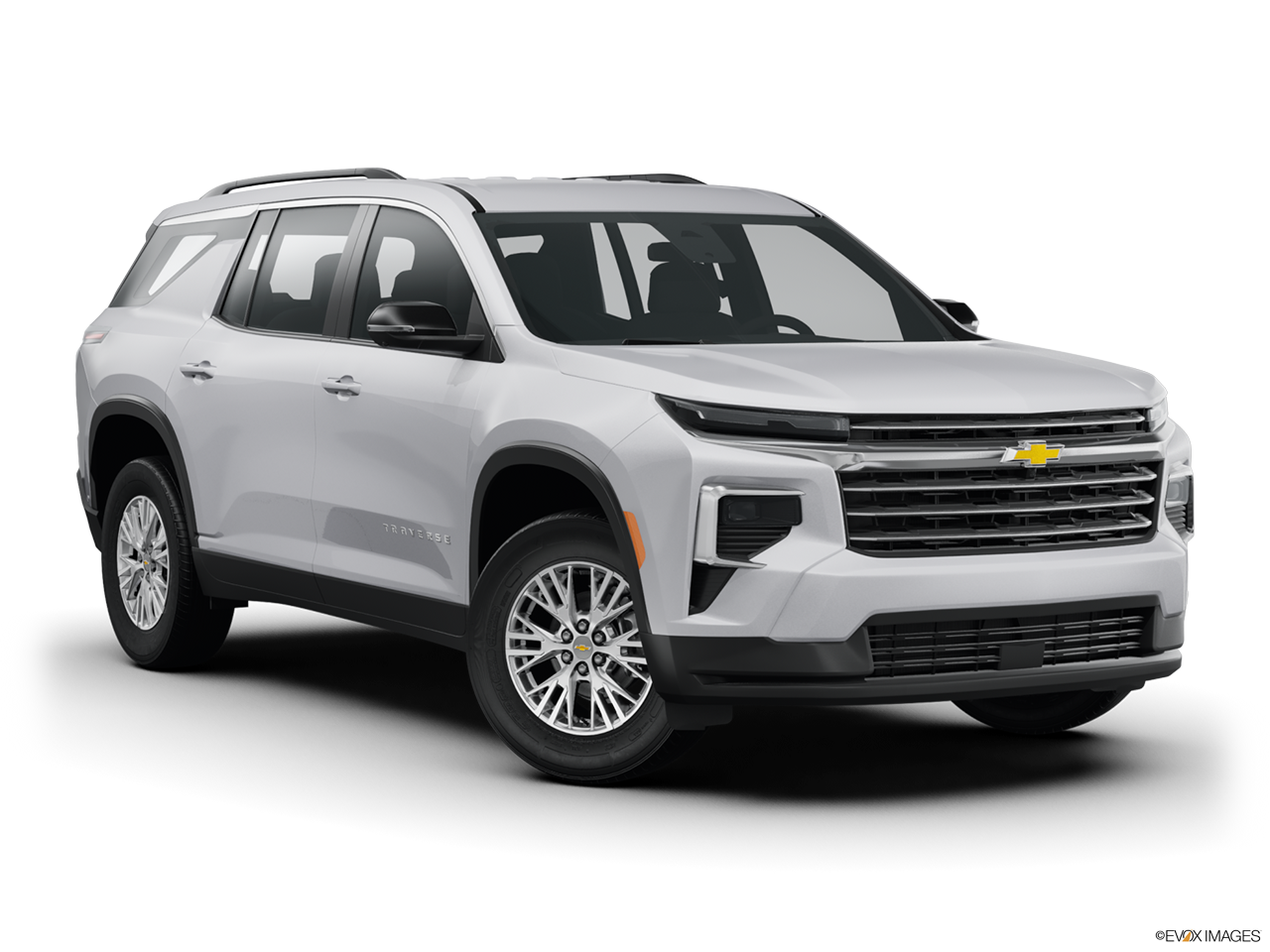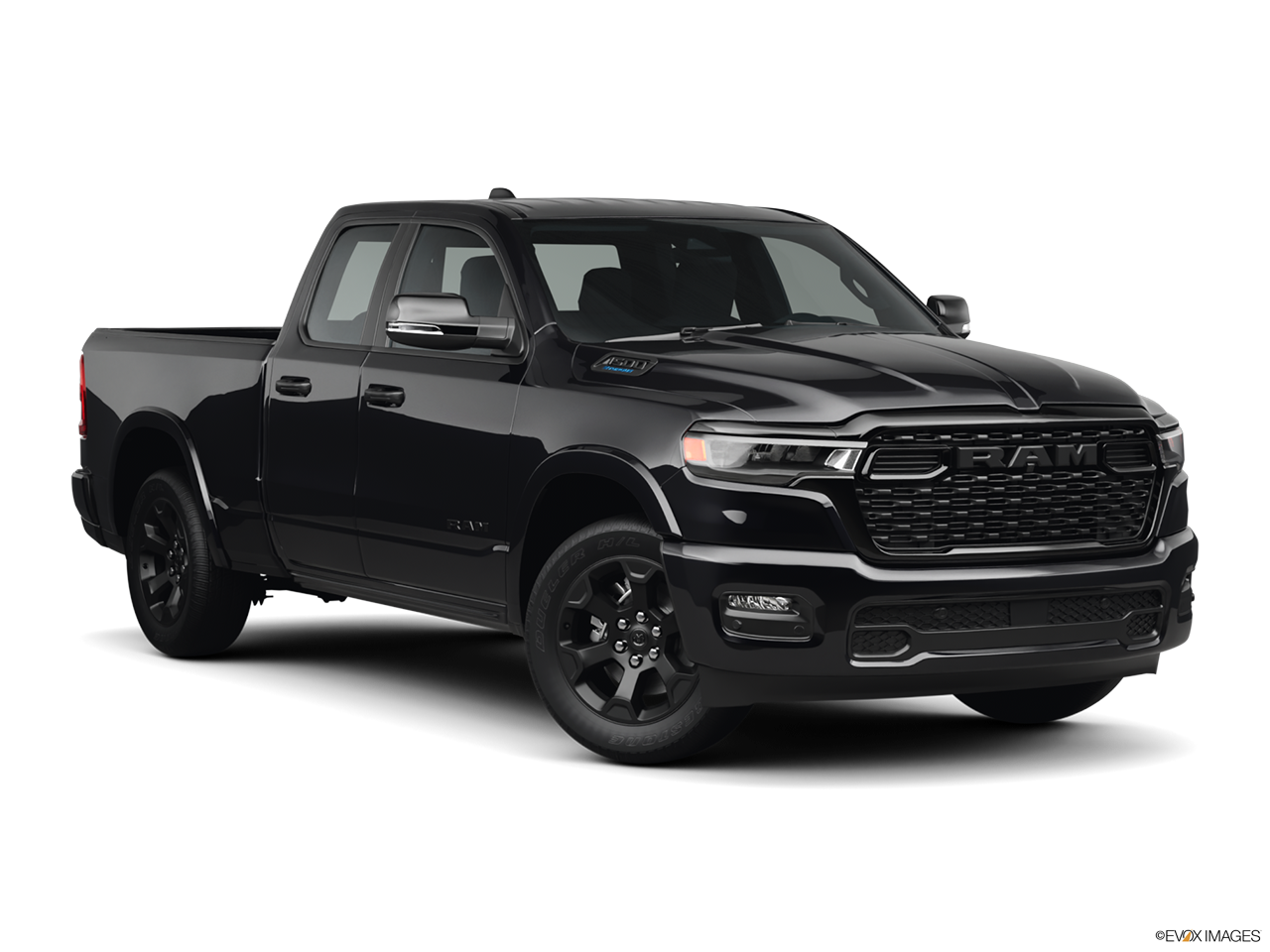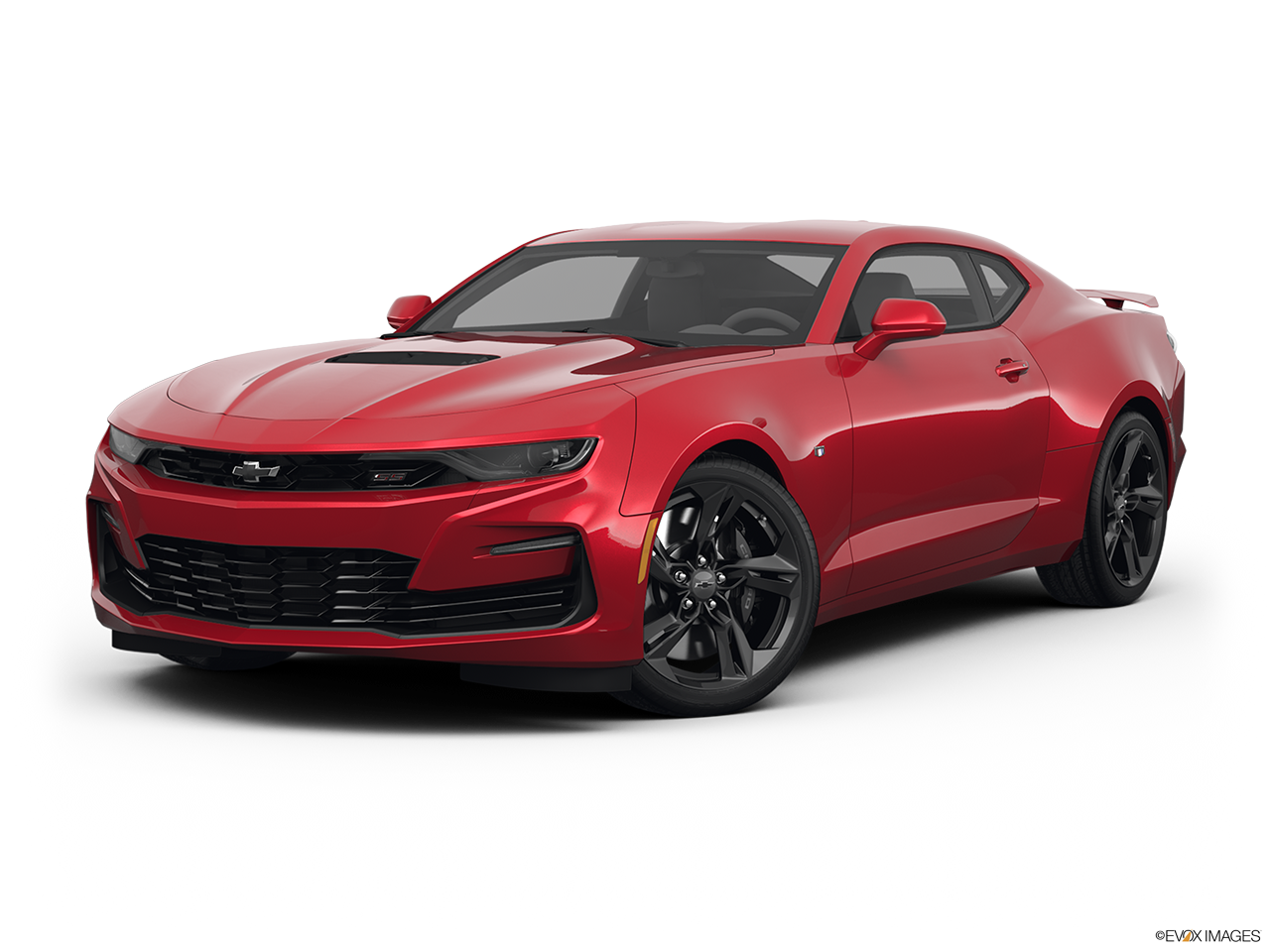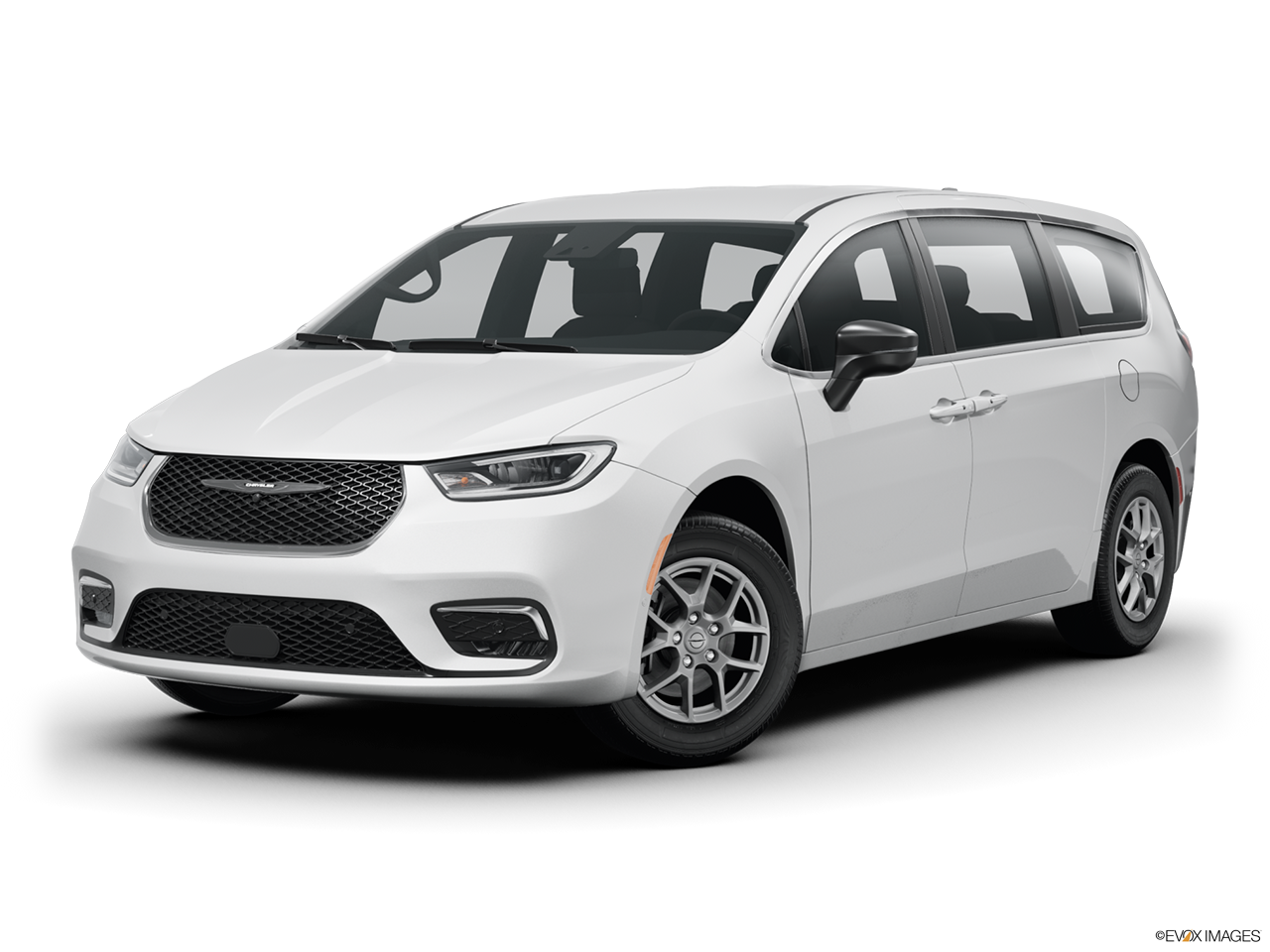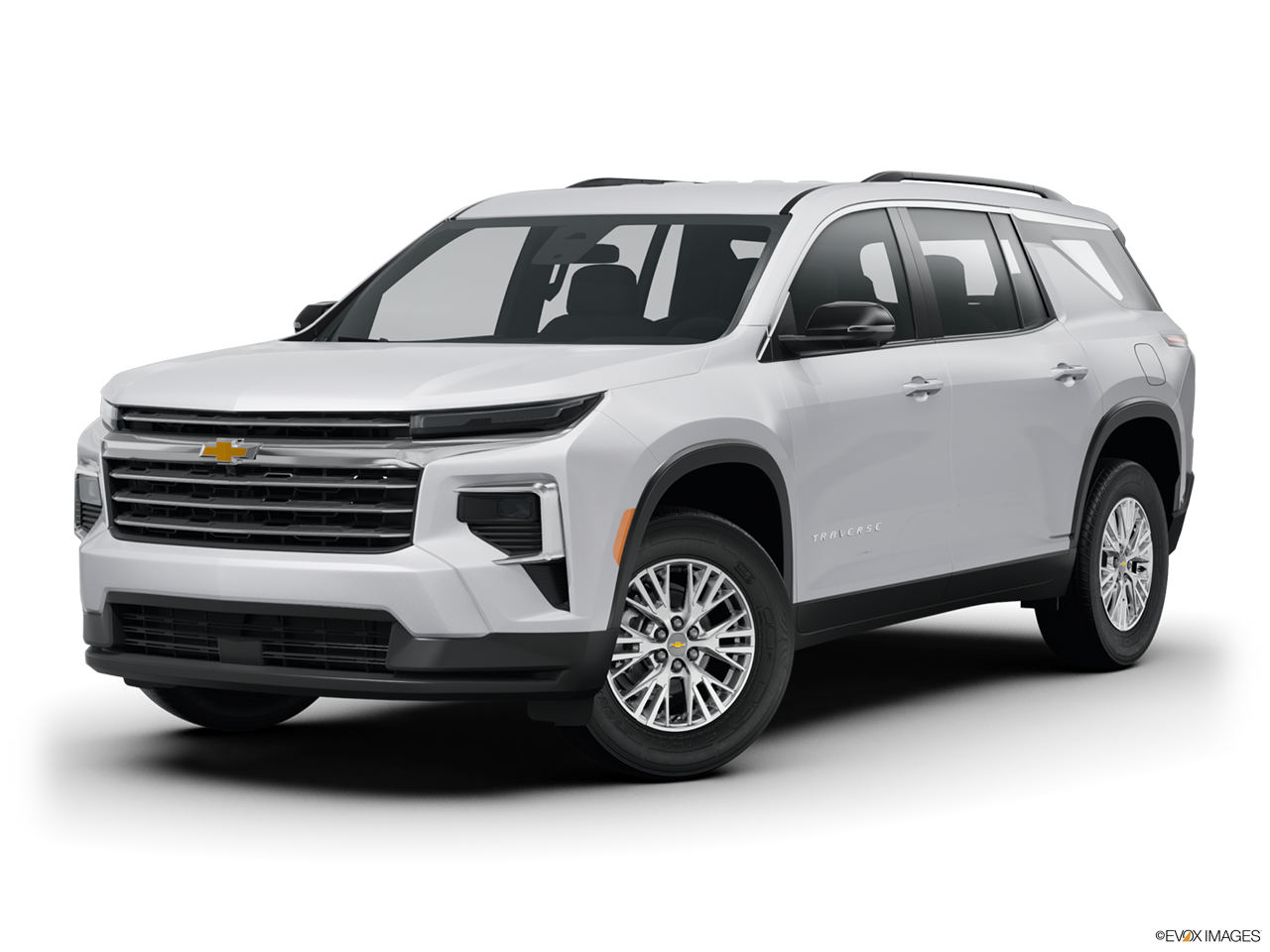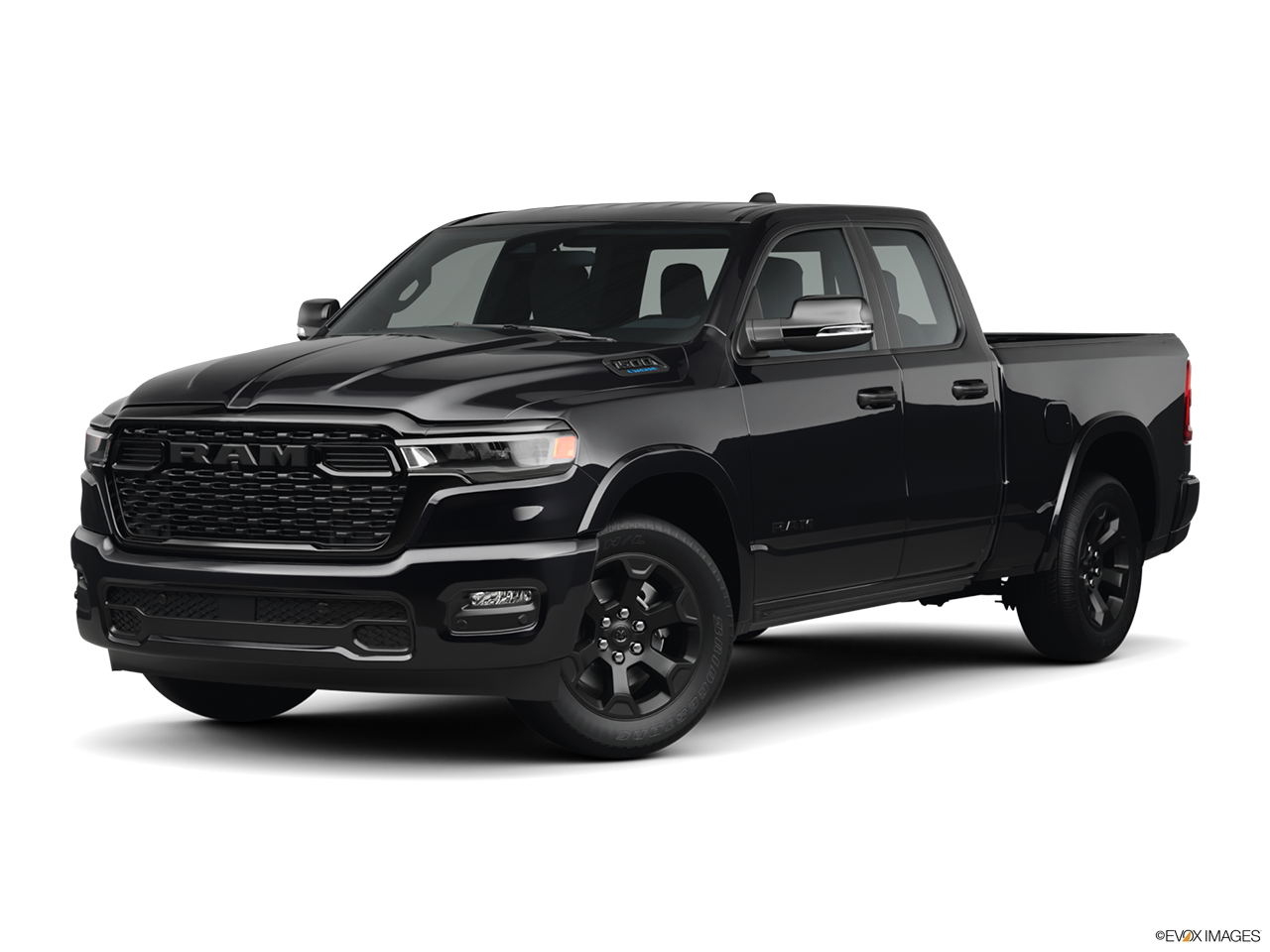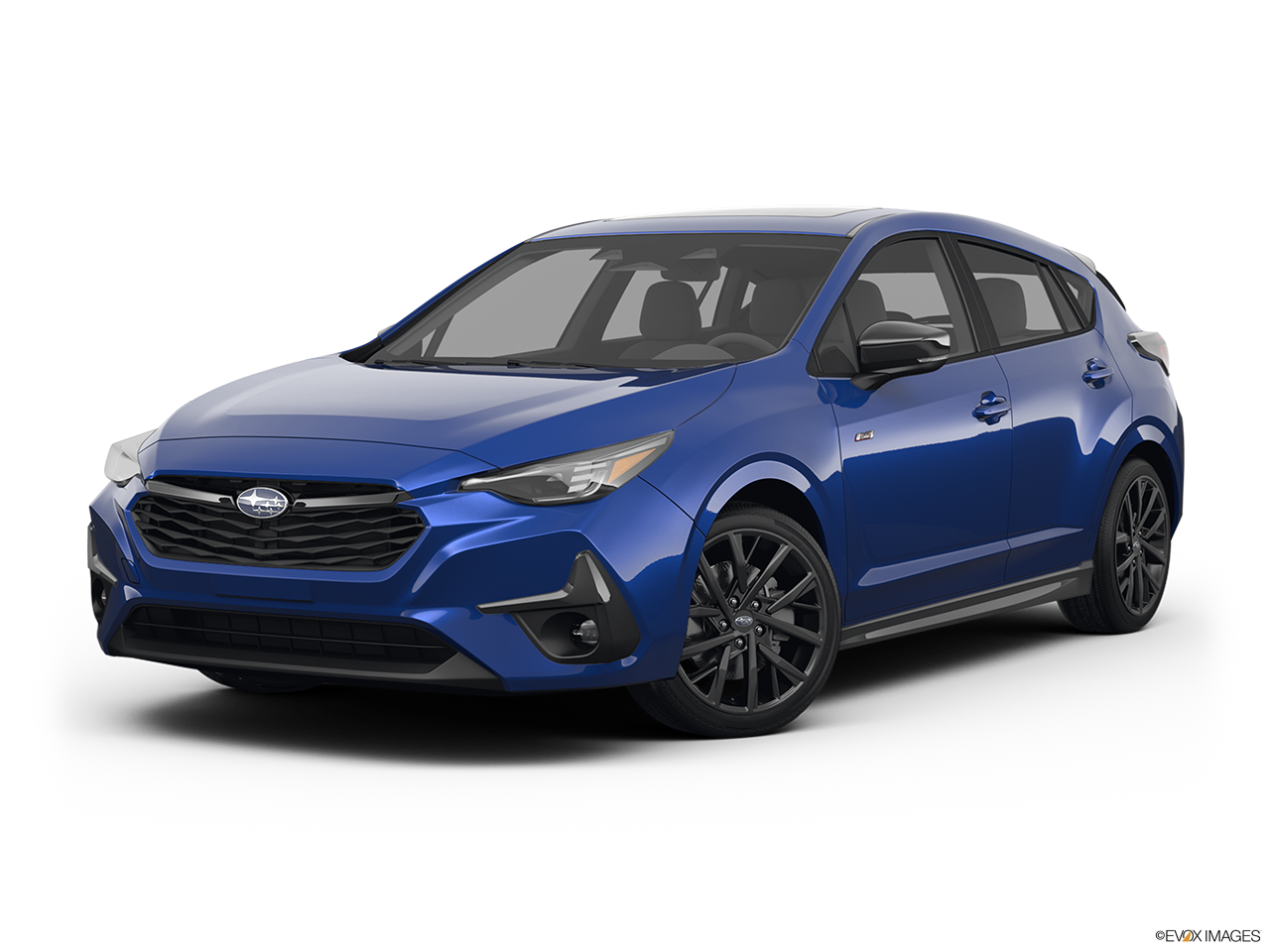How to Negotiate New Car Price
By Jakob Hansen, 12/2/2020
Negotiating on your new car can be daunting, but it doesn't have to be! Follow these simple steps to help you at the negotiating table.
When shopping for your new ride, finding the perfect car is only half the battle.
Where many buyers struggle—and where many get buyers regret—is when Negotiating New Car Price.
Haggling is a scary proposition. Most buyers aren’t salespeople, aren’t in a buyers and sellers business, and are as separated from the car buying world as they are from the portapotty world. Namely, they have no stake in it whatsoever.
Most buyers are just regular people that simply want a new car at a reasonable price.
We get it.
But haggling with the dealer doesn't have to be the daunting task we tend to think of it. Stick with us, and we'll walk you through the simple steps.
How To Negotiate With Dealers
1) Do Your Research
It’s important to come to any negotiation fully prepared. Walking into any negotiation, be it for car, truck, SUV, or billion-dollar building, a little research will go a LONG way.
Start off with having a good idea of the market value of your vehicle of interest.
Market value is a culmination of all of the factors that affect a vehicle’s price and a small bit of research can cue you into exactly what market value is looking like in your area. A good place to start is with MSRP and invoice price.
Simply stated, MSRP is the manufacturer suggested retail price. Pretty straightforward. This is the price that the OEM suggests a retailer sells its product. For cars, it’s the price the auto manufacturer suggests the dealer lists a vehicle for.
Invoice Price is essentially the price that the dealer pays the OEM for the vehicle. There are more factors that go into invoice price, but at the simplest level, it's essentially what the dealer paid for a car and is always lower than MSRP.
Pro Tip: For more information on Invoice Pricing, visit our Car Buyers Guide to Invoice Pricing and More
Both of these figures will give you an understanding of the relative cost of the vehicle you’re interested in, and give you a starting point to base your offers on.
Market value is affected by other factors, however, such as vehicle rarity, time of year, vehicle features, and market demand.
For the majority of new cars, there is a fairly symbiotic relationship between market demand and supply, and there is not usually a massive mark-up for cars.
Finding vehicles that may have a lower demand, however—such as previous model year cars—will give you a higher opportunity to buy at a lower price.
2) Shop More Than One Dealer
Have more than one option cued and ready to go. Shopping multiple dealers and having multiple vehicles your interested in will give you an out when your negotiations don’t fall in your favor.
When you have your heart set on a particular vehicle and prices start looking too high, it gets much more difficult to walk away from the deal.
Most vehicles, besides some rarer specific models, will be available at multiple dealerships in your area, so getting quotes from multiple dealers is crucial to feeling more comfortable and less pressured at the negotiating table.
3) Don’t Be In A Hurry
Rushing to purchase your vehicle is sometimes an unfortunate necessity, we’ve all been in that boat. However, as much as you can avoid it, you should.
Getting in early on your research, connections with dealers, and test drives are going to give you the opportunity to take your time when setting a deal.
When you're not in an "I need it tomorrow" situation, you have the power to shop more than one dealer and walk away when the deal isn’t in your corner.
Which leads us to our next point…
4) Learn To Walk Away
Don’t be afraid to walk away from the deal. If the price is reaching your upper limits, it can be helpful to step away from negotiations.
This doesn’t mean the dealer will be calling you the next day begging to take your last offer, but what this does for you is prevents you from making impulse buying decisions as well as being coxed into a deal that isn’t in your favor.
Keeping it cool and letting the dealer know that you’re not afraid to leave without a car will take some of the negotiating power away from them. The dealer wants you to buy a car today, once they see you’re ready to walk out the door to the next dealer, they may be more willing to cut some slack from the table.
5) Don’t Say Too Much
Keeping your cards close to your chest is important when speaking with the dealer.
Get to bottom-line pricing and then start to discuss the other factors such as the form of payment.
If you are planning on paying cash or have your own financing set already, work with the dealer on price first, and then discuss payment options.
Financing plays a large role in the dealer’s bottom line, and when they know they can’t make up anything back through financing, their bottom line may be a bit higher to make up the difference.
6) It’s Important to Feel Comfortable
If you feel intimidated or uncomfortable with your salesperson, find a different one to work with. End of story.
Buying and selling a car is beneficial to both parties, if you don’t trust that the person or dealer you are working with has both of your best interests at heart, find someone that does.
Your buying power is stronger than you think, and your dollar shapes the way the industry adapts.
No other time has this been more evident than in the past few months. Your dollar carries a lot of power and if you’re not confident in where it lands, find somewhere that you are.
7) Start Your Process Online
We have covered before why it’s important to make an appointment, and we will continue to drive that home.
Starting your buying process online is a crucial step in getting the best deal.
When a dealer knows you are a serious, educated buyer, they are more likely to work with you and get you exactly what you need.
Forming a relationship with your dealer, establishing your must-have’s and have-not’s, and making your financial goals known will start your negotiations off on the right foot, and will increase your chances of getting your dream car at the right price.
8) Make a Fair Offer
When you start your negotiations off right, you typically don’t need to negotiate at all.
Making a fair offer is an important step.
Low ball the dealer, and they may see you as a customer that they’re not able to work with.
Offer too high and, well, you pay too much.
Do your research, know the invoice price and MSRP, and make an educated, fair offer right from the start.
You may just be surprised at the dealer's reaction.
Get Out There and Find Your Dream Car!
Now that you’re ready to face any negotiating situation at the dealer, it’s time to start your process.
For many, negotiations will never need to happen. With the availability of pricing available online, dealers are more likely to start off with fair pricing.
Get in touch with your local dealers early and start your buying process before visiting the dealer and ensure that you have the best chance to get the best deal when negotiating new car price.
|
|
Jakob is our writer with a love for all things automotive. He comes from a dealer background with experience on both sides of the fence. Knowing the system inside and out, he knows the best cars and the best deals. No matter what. |





